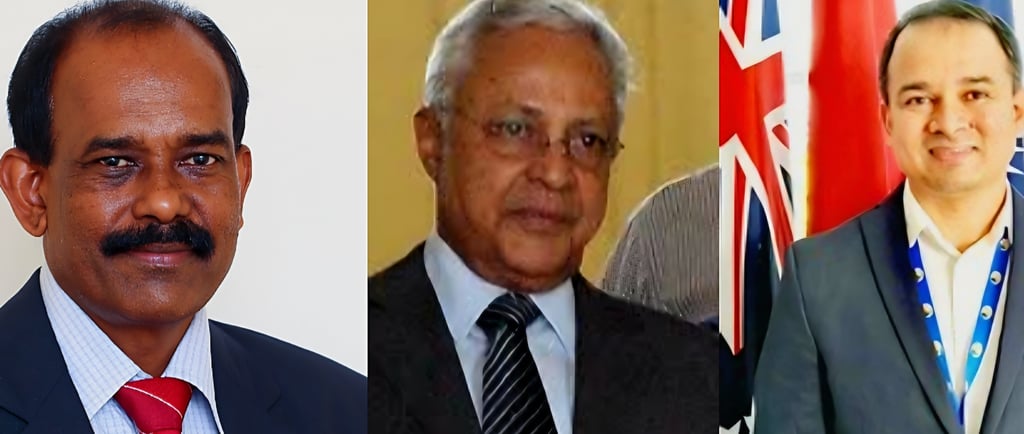Economists Warn of Fiscal Risks as Labour Claims Budget is Politically Driven
FIJI NEWS


Two prominent Fijian economists have raised concerns about the sustainability of the 2025/2026 National Budget, as the Fiji Labour Party claims the government is using public funds to pursue political objectives ahead of the 2026 general elections.
The $4.8 billion Budget, tabled by Finance Minister Biman Prasad, includes an $886 million deficit—equivalent to around 6% of GDP—and has been described by some observers as expansionary and election-focused.
In a joint analysis, economist Dr. Sunil Kumar and USP Associate Professor Dr. Baljeet Singh warned that the scale of deficit spending and projected public debt—expected to rise to nearly 80% of GDP by mid-2026—pose long-term fiscal risks.
They argue the Budget’s emphasis on tax cuts, subsidies, and widespread cash assistance comes at the cost of higher borrowing and lacks a clear strategy for economic recovery or debt sustainability.
“The government is essentially betting on growth outpacing debt,” the economists said, cautioning that this approach could backfire if growth projections are not met.
The Labour Party has also questioned the timing and breadth of the spending measures, claiming they are designed to bolster support across key voter groups in the lead-up to elections.
Concerns have also been raised about the removal of certain financial oversight mechanisms. Previously, some expenditures were subject to “requisition” controls, requiring ministerial approval before funds could be spent. These controls have now been lifted, giving ministries full access to their budgets.
The economists noted that while the $800 million cost-of-living package may provide short-term relief, the absence of robust monitoring raises the risk of inefficiencies or misuse of funds.
They also pointed to the lack of structural reforms in the Budget—such as diversification beyond tourism, improvements in public enterprise performance, and infrastructure resilience—as a missed opportunity to address Fiji’s long-term economic vulnerabilities.